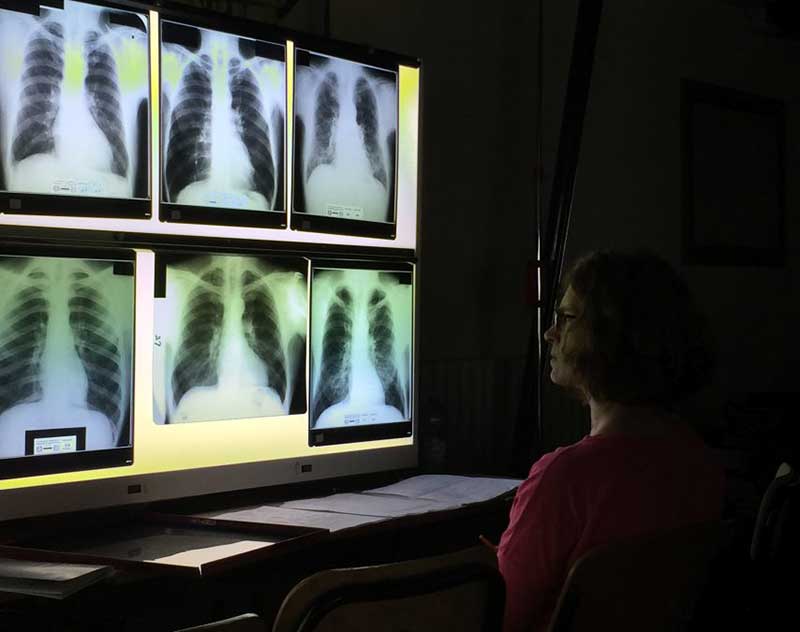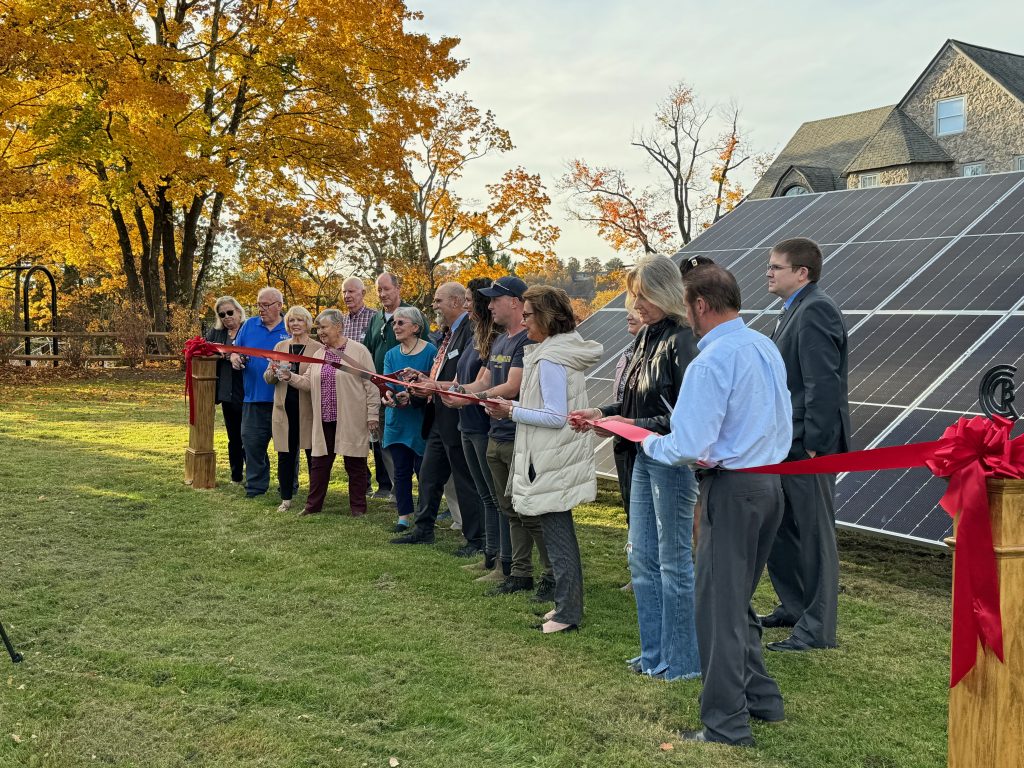Funding to assist NC families with rent, utilities during Covid runs out today
CONTACT:
Rory McIlmoil, Appalachian Voices, rory@appvoices.org, (423) 433-9415
Jovita Lee, Center for Biological Diversity, jlee@biologicaldiversity.org, (919) 925-2486
As of 6 pm today, the roughly $175 million allocated for Governor Roy Cooper’s HOPE program — which has provided financial relief for renters unable to pay their rent or utility bills — will have run out after less than a month since being announced. To date, the program has received nearly 40,000 applications to help households maintain electric, gas and water service and make rent payments.
While the impact of the HOPE program cannot be understated, the allocated funding did not match the scale of need that exists. Due to continued economic downturn and record Covid-19 numbers across the state, the problem has only gotten worse.
- As of August 31, more than 755,000 residential electric, gas and water accounts served by utilities regulated by the NC Utilities Commission remained past due, with a total debt of more than $200 million, which represents an increase over the reported values for July. (Utility bill debt values for customers served by municipal utilities and electric cooperatives are no longer being reported but would add to the total.)
- As of October 28, approximately 300,000 to 410,000 households remained unable to pay their rent; it is estimated that 240,000 of those households will face eviction by January.
- Coronavirus cases and hospitalizations in the state remain on the rise, with average daily cases having increased by nearly 25% since the beginning of October. Total cases are nearing 300,000 while total deaths are approaching 5,000.
- Following a recent shrinking in weekly unemployment claims in the state, more than 40,000 such claims were filed between November 3 and 9.
With all available funding now spent, and both the governor’s and the commission’s utility-shutoff moratoria expired, hundreds of thousands of households continue to face both eviction and the loss of vital utility services. Nonetheless, there has been no statement from either the governor nor the legislature recognizing this crisis, even with the onset of colder weather.
“Once again, residents and advocates are calling on Governor Cooper and the legislature to institute an immediate moratorium on utility disconnections, as well as an extended moratorium on evictions, and to immediately allocate the funding necessary to cover rent and unpaid utility bills at the scale necessary to ensure the health and safety of vulnerable North Carolina residents,” said Rory McIlmoil, Senior Energy Analyst for Appalachian Voices. “Additionally, we urge the North Carolina Utilities Commission and the North Carolina Attorney General’s office to hold Duke Energy accountable for multiple violations of the commission’s order at the expense of residential ratepayers.”
“North Carolina’s economic survival in a pandemic was built on the foundation of essential workers and franchise workers. These same communities, low-wealth, Black and communities-of-color, are burdened with unlivable wages, health disparities, and high rates of Covid-19, all the while being the very lifeline of our state,” said La’Meshia Whittington, Deputy Director of Advance Carolina. “As we cautiously reopen North Carolina, we cannot afford to leave these communities behind. We owe it to these heroes a warm bed and a roof over their heads. We acknowledge the HOPE program, we also acknowledge the need to extend this support a great deal further to provide critical life-saving resources for all North Carolinians. To Governor Cooper and to our state legislature, we urge you to institute an immediate moratorium on utility disconnections, extend the moratorium on evictions and immediately allocate funding that will assist with the vast quantity of unpaid utility bills in these uncertain times.”
“While we acknowledge the positive impact the HOPE program has made in the lives of several thousand North Carolinians, we must also be frank in stating that the funding allocated through this program was simply inadequate,” said Jovita Lee, Senior Environmental Justice Campaigner for the Center for Biological Diversity. “As we all should be aware of, this COVID-19 pandemic disproportionately impacts Black and Brown communities, who already bear the burden of the several injustices present across this state. It is imperative that Governor Cooper and the state legislature prioritize communities and institute an immediate moratorium on utility disconnections, extend the moratorium on evictions, and immediately allocate funding to resolve this crisis.”
###
Appalachian Voices is a leading nonprofit advocate for a healthy environment and just economy in the Appalachian region, and a driving force in America’s shift from fossil fuels to a clean energy future.



